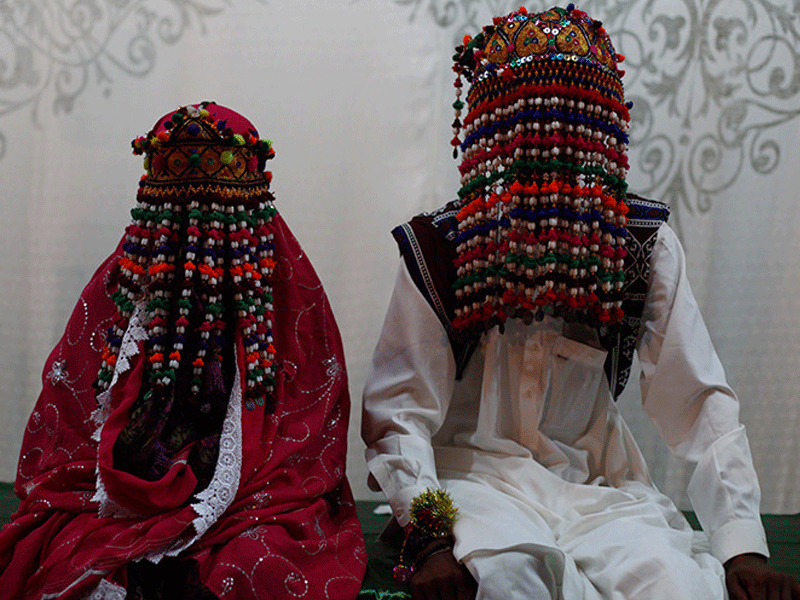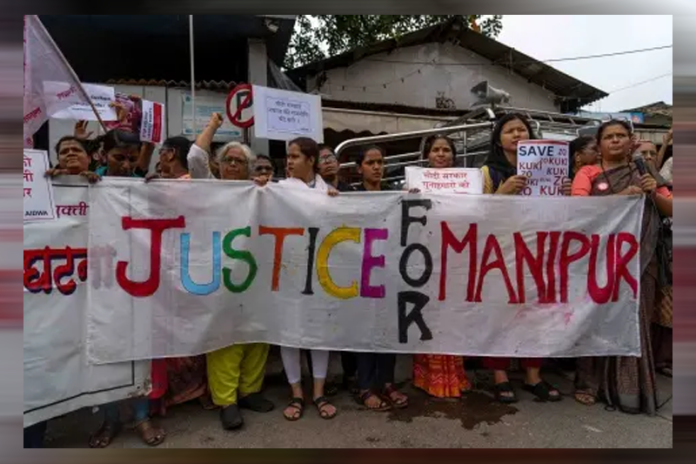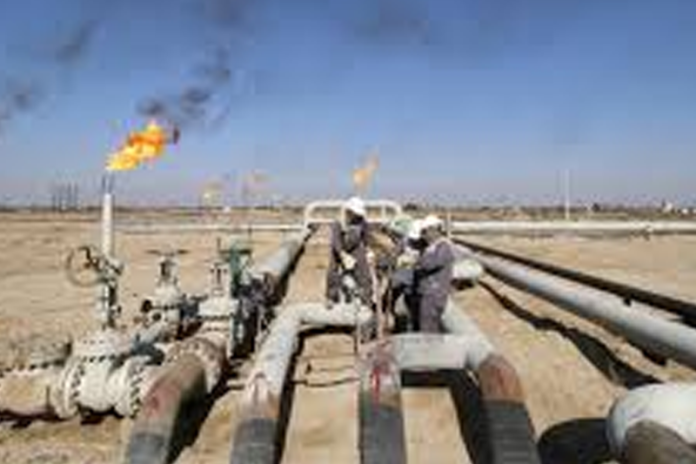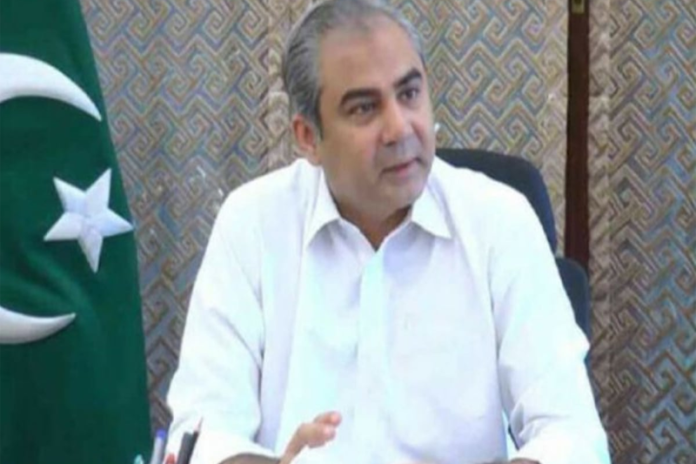Early marriages in Pakistan: causes, consequences, and potential solutions

- 300
- 0
Early marriages, often referred to as child marriages, remain a significant social issue in Pakistan. Despite legislative efforts and growing awareness, the practice of marrying off children at a young age persists in many parts of the country. This article explores the causes and consequences of early marriages in Pakistan, shedding light on the multifaceted nature of this problem and proposing potential solutions.
Causes of Early Marriages
Cultural Norms:
One of the primary reasons for early marriages in Pakistan is deeply rooted in cultural norms and traditions. In many rural and conservative areas, it is considered customary to marry girls off as soon as they reach puberty.
Poverty:
Economic factors play a crucial role in promoting early marriages. Families living in poverty often view marrying off their daughters at a young age as a way to reduce their financial burden. The dowry system prevalent in some regions exacerbates this issue.
Lack of Education:
Limited access to quality education, particularly for girls, is another contributing factor. Families may prioritize marriage over education due to societal beliefs that a girl’s primary role is to be a wife and mother.
Social Pressure: Pressure from extended family, neighbors, and the community can lead parents to marry their children early. Failure to comply with these societal norms can result in social isolation or even violence.
Consequences of Early Marriages
Health Issues:
Early pregnancies can have severe health consequences for young brides, including complications during childbirth, higher maternal mortality rates, and increased risk of delivering low-birth-weight babies.
Limited Education:
Girls who marry early often drop out of school, limiting their access to formal education and reducing their opportunities for personal and economic development.
Economic Dependence: Early marriage can trap girls in a cycle of economic dependence, making it challenging for them to pursue careers or gain financial independence.
Gender Inequality:
Early marriages perpetuate gender inequality, reinforcing the notion that girls’ roles are limited to domestic responsibilities rather than contributing to society in various ways.
Psychological Impact: Child brides may experience emotional and psychological distress, including anxiety, depression, and feelings of helplessness.
Potential Solutions
Raise Awareness:
Implement nationwide campaigns to raise awareness about the negative consequences of early marriages. Engage community leaders, religious figures, and influencers to advocate for change.
Strengthen Legislation: Enforce existing laws that set the minimum age for marriage and penalize those who violate them. Additionally, consider legislation that addresses the issue of dowry, which often drives early marriages.
Promote Education:
Invest in education programs, especially for girls, and create incentives for families to send their daughters to school. Scholarships, transportation assistance, and school facilities can help improve enrollment rates.
Economic Empowerment: Support initiatives that provide economic opportunities for women, such as vocational training and microfinance programs, to reduce the financial pressure that leads to early marriages.
Community Engagement:
Involve local communities in dialogue and decision-making processes to change cultural norms and attitudes toward early marriages.
Counseling and Support: Establish counseling services and support networks for child brides to help them cope with the challenges they face and empower them to make informed decisions about their lives.
Conclusion
Early marriages in Pakistan continue to be a complex and deeply ingrained issue. Addressing this problem requires a multifaceted approach that combines legislative action, educational opportunities, economic empowerment, and community engagement. By working together, Pakistan can make significant progress toward eliminating the harmful practice of early marriages and ensuring a brighter future for its young girls.
Published in The Daily National Courier, September, 04 2023
Like Business on Facebook, follow @DailyNCourier on Twitter to stay informed and join in the conversation.

















































